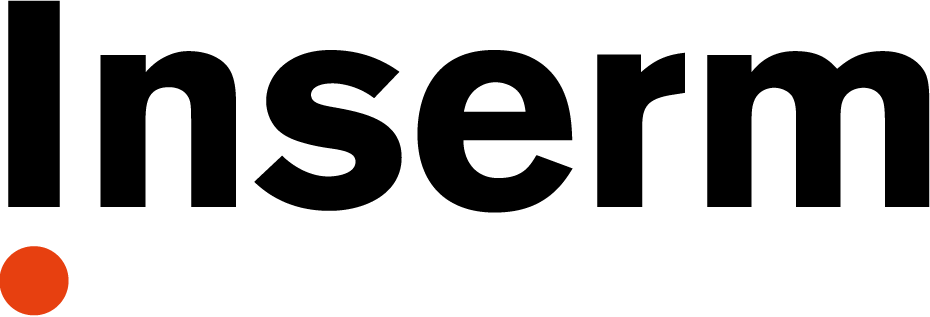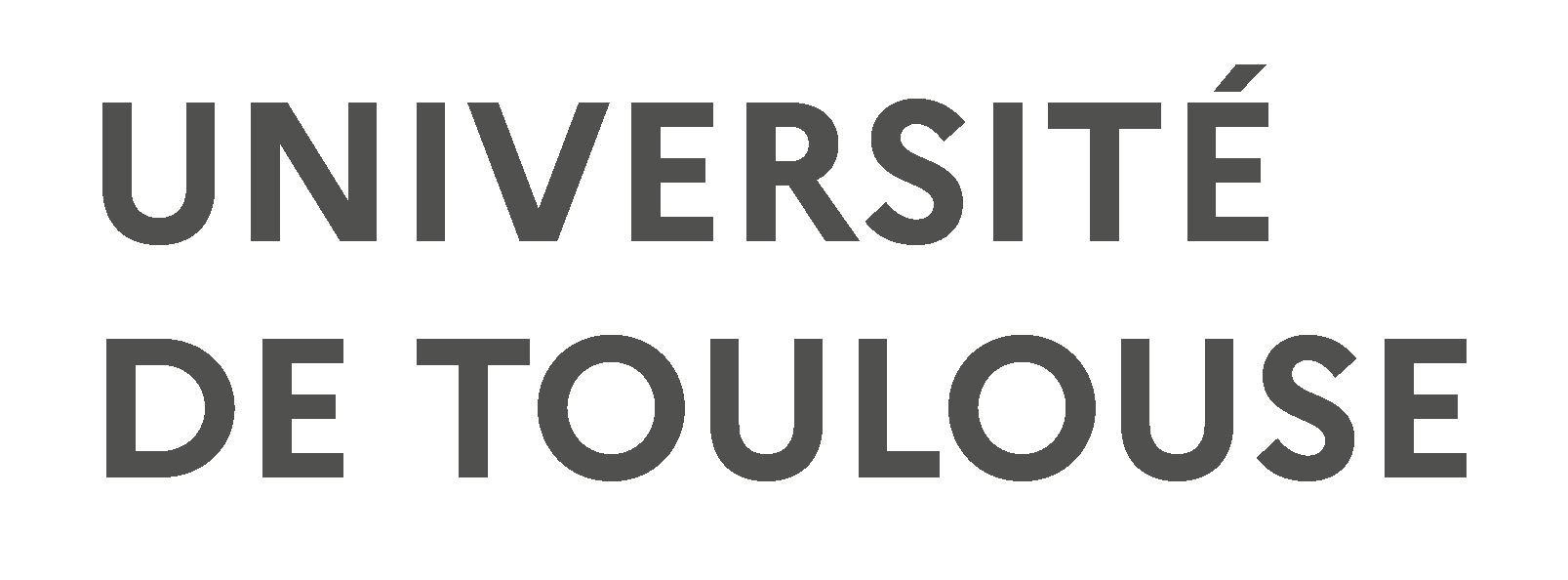The 19 CRCT
teams
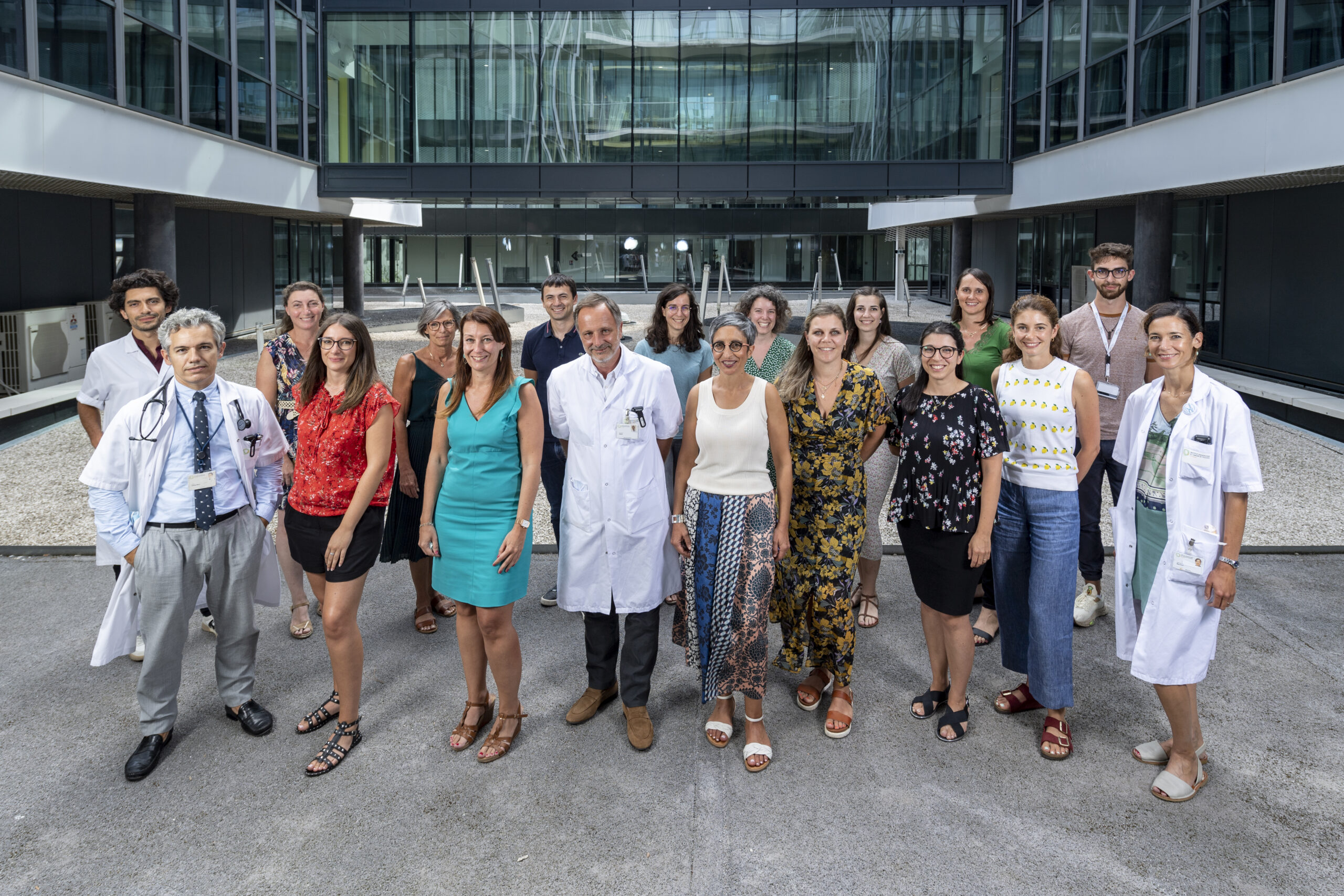
T2i : Anti-tumour immunity and immunotherapy
Maya AYYOUB, Jean-Pierre DELORD
and 16 collaborators
Deciphering the molecular and cellular mechanisms of tumour sensitivity/resistance to immunotherapy in order to design combined therapies capable of overcoming resistance.
SIGNATHER : Cell Signalling, Oncogenesis and Therapeutics
Gilles FAVRE, Ollivier SORDET
and 29 collaborators
To understand the molecular mechanisms of deregulation of signalling pathways involved in cell proliferation and survival, in order to enable the development of new cancer treatments, through transfer to the clinic in particular in lung cancers.
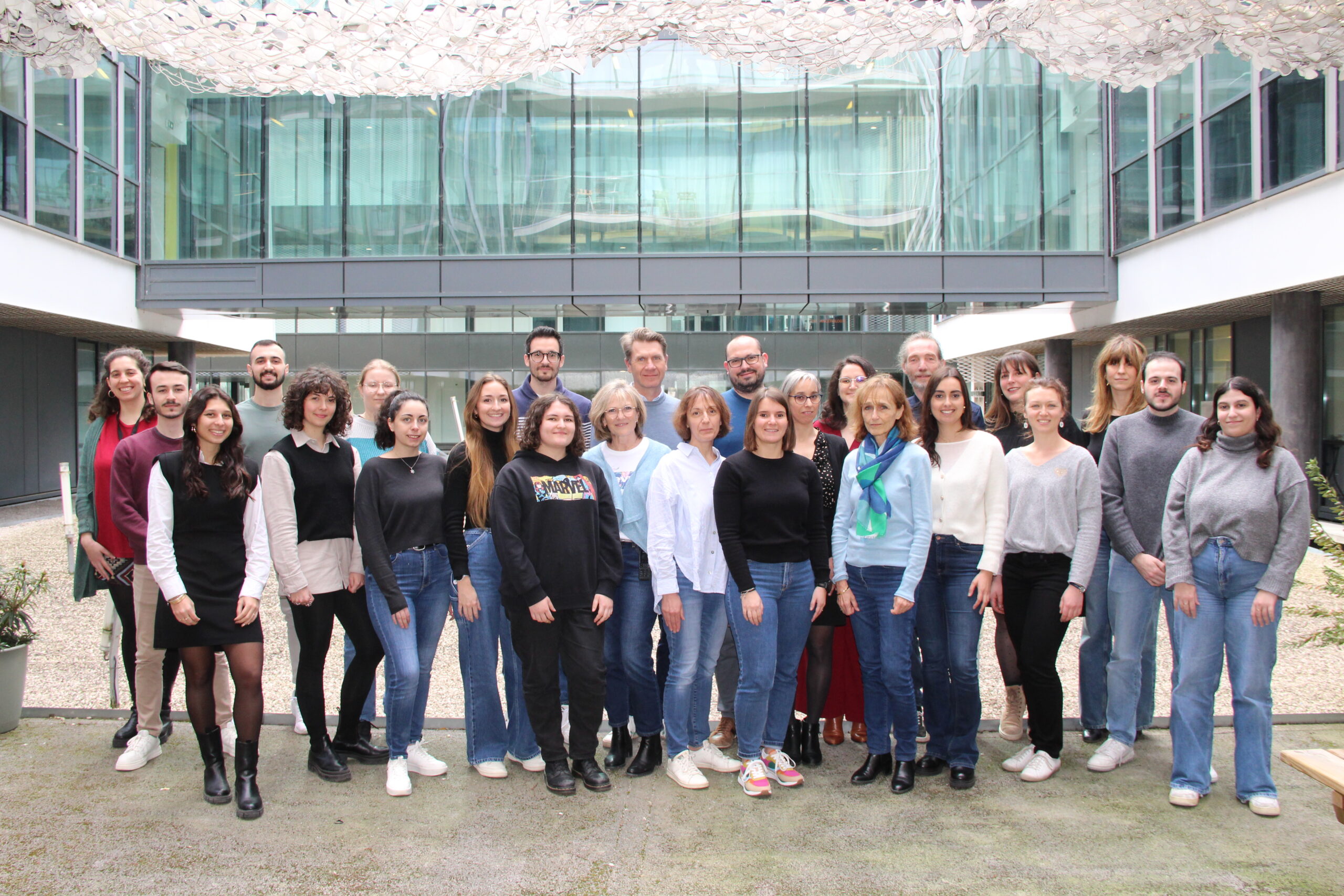
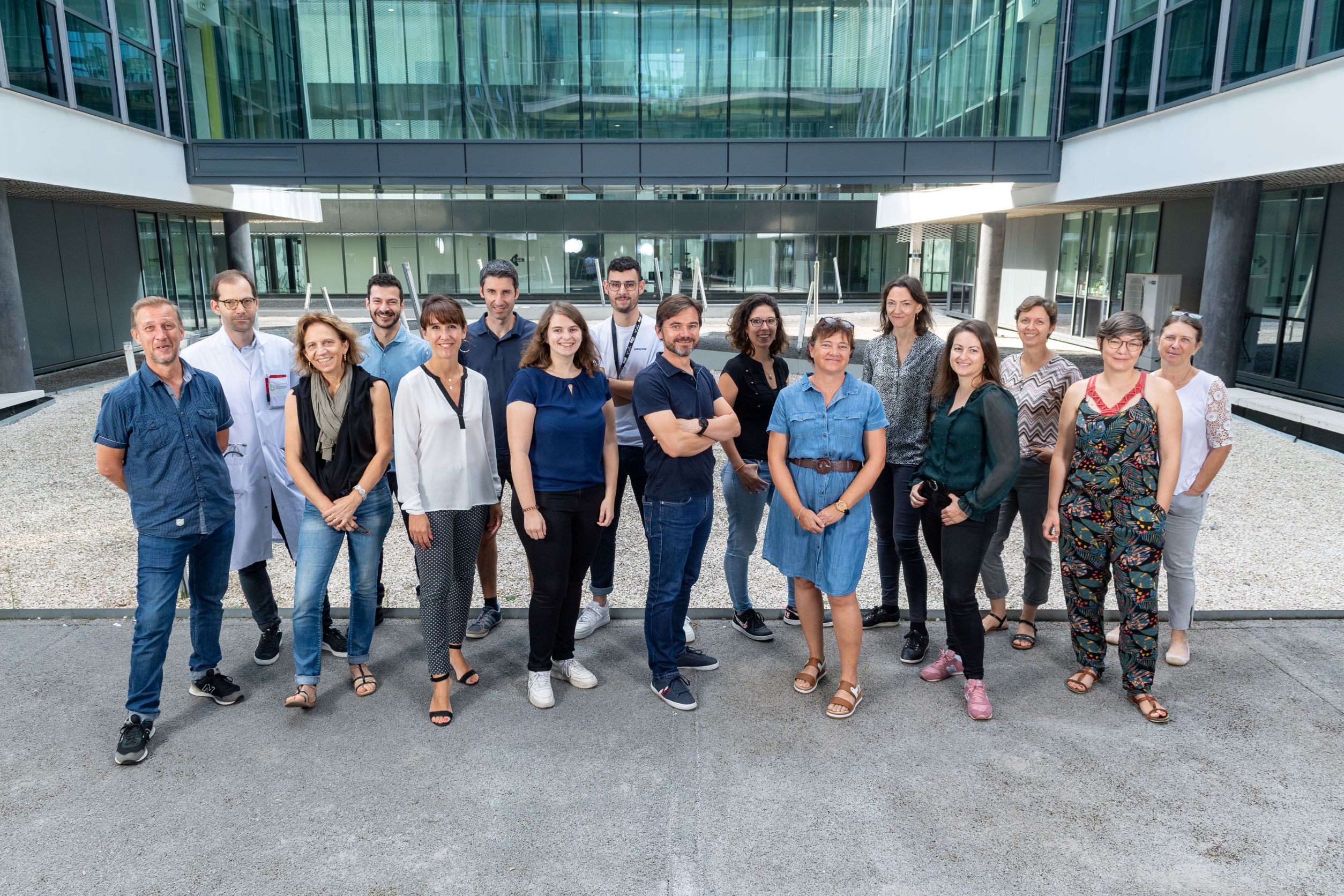
MELASPHINX : Ceramide metabolism in melanoma: from basic mechanisms to immunotherapy
Bruno SEGUI, Nathalie ANDRIEU
and 21 collaborators
Targeting the metabolism of ceramide and its derivatives to prevent tumour progression and overcome resistance to anti-cancer drugs, cytokines and immune cells.
RNAreg : RNA-Binding Proteins and Genotoxic Stress
Stefania MILLEVOI
and 14 collaborators
Understanding the cellular and molecular mechanisms involved in the post-transcriptional expression of key genes in the response to genotoxic and immunomodulatory treatments: from the RNA molecule to the patient.
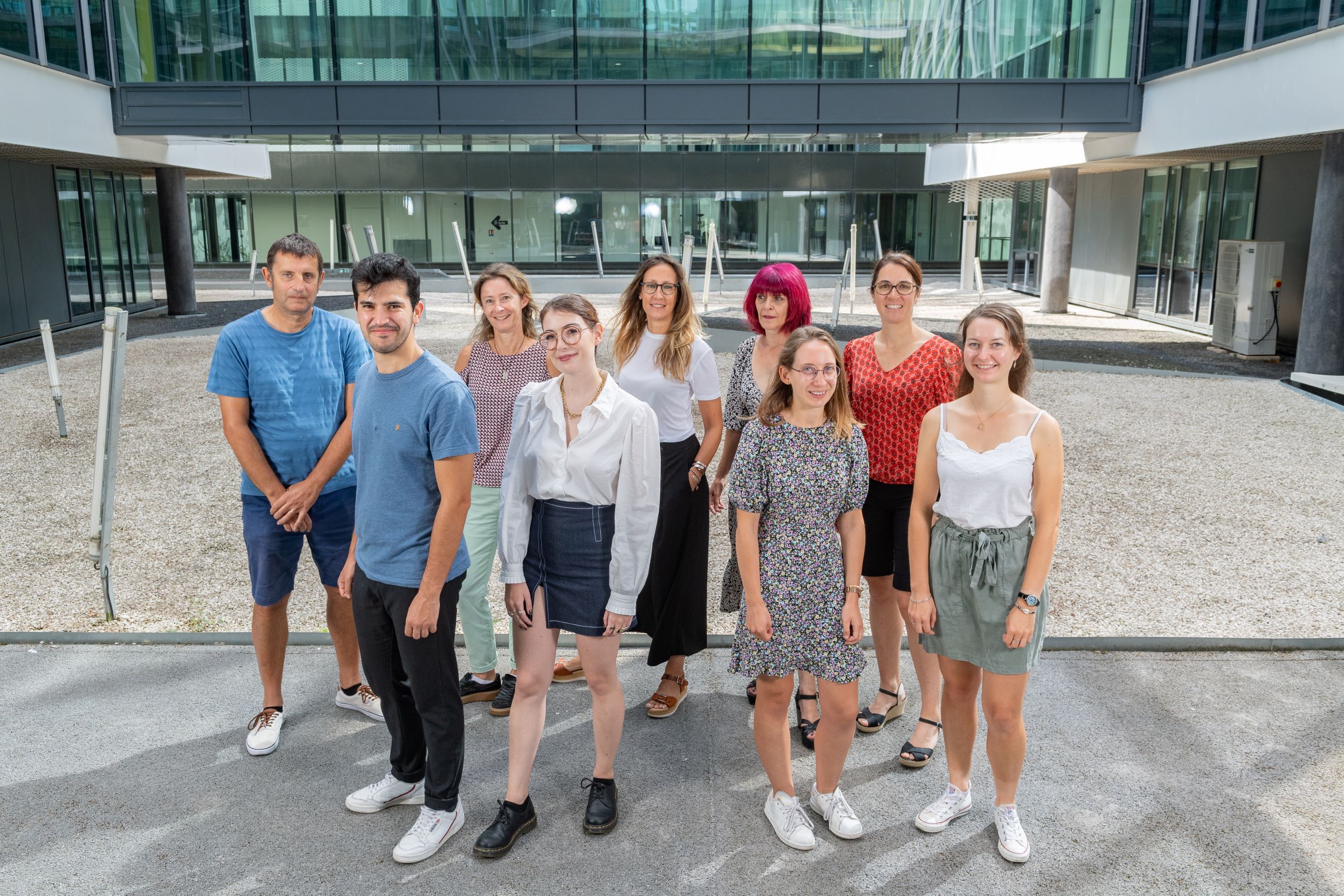
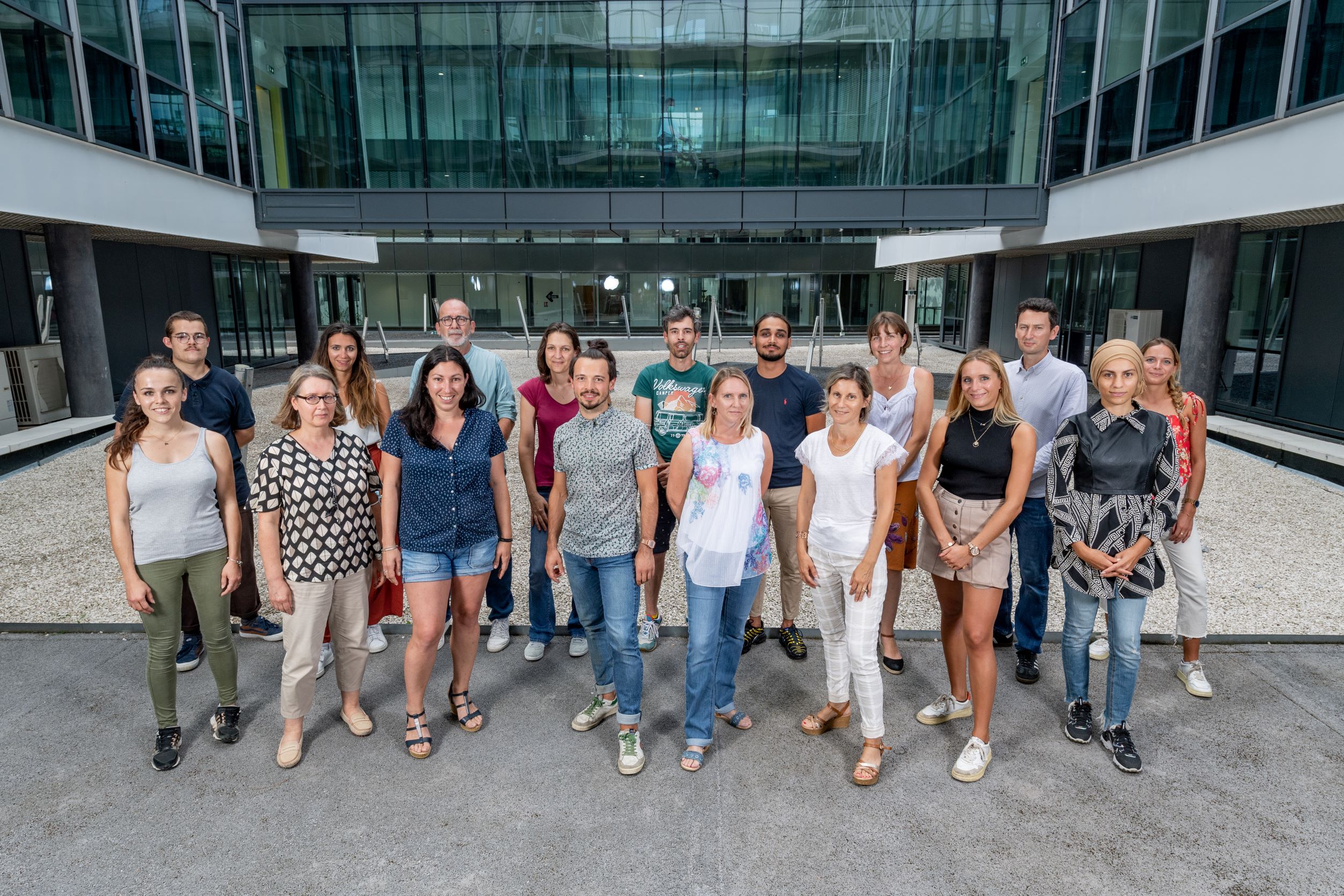
MICROPANC : Microenvironnement and Therapeutic Resistance in Pancreatic Neoplasms
Corinne BOUSQUET
and 18 collaborators
To understand how the tumour microenvironment, and more specifically cancer-associated fibroblast populations, contribute to the heterogeneity of pancreatic tumours and organise their resistance to therapies, in order to propose combinations of drugs that co-target this microenvironment in addition to targeting tumour cells.
R’n Blood : RNA Biology in Hematologic Tumors
Stéphane Pyronnet, Fabienne MEGGETTO
and 16 collaborators
Understanding RNA-dependent regulatory mechanisms (mRNAs and non-coding RNAs such as lncRNAs, miRNAs and circRNAs) in normal and tumour haematopoiesis and in treatment resistance
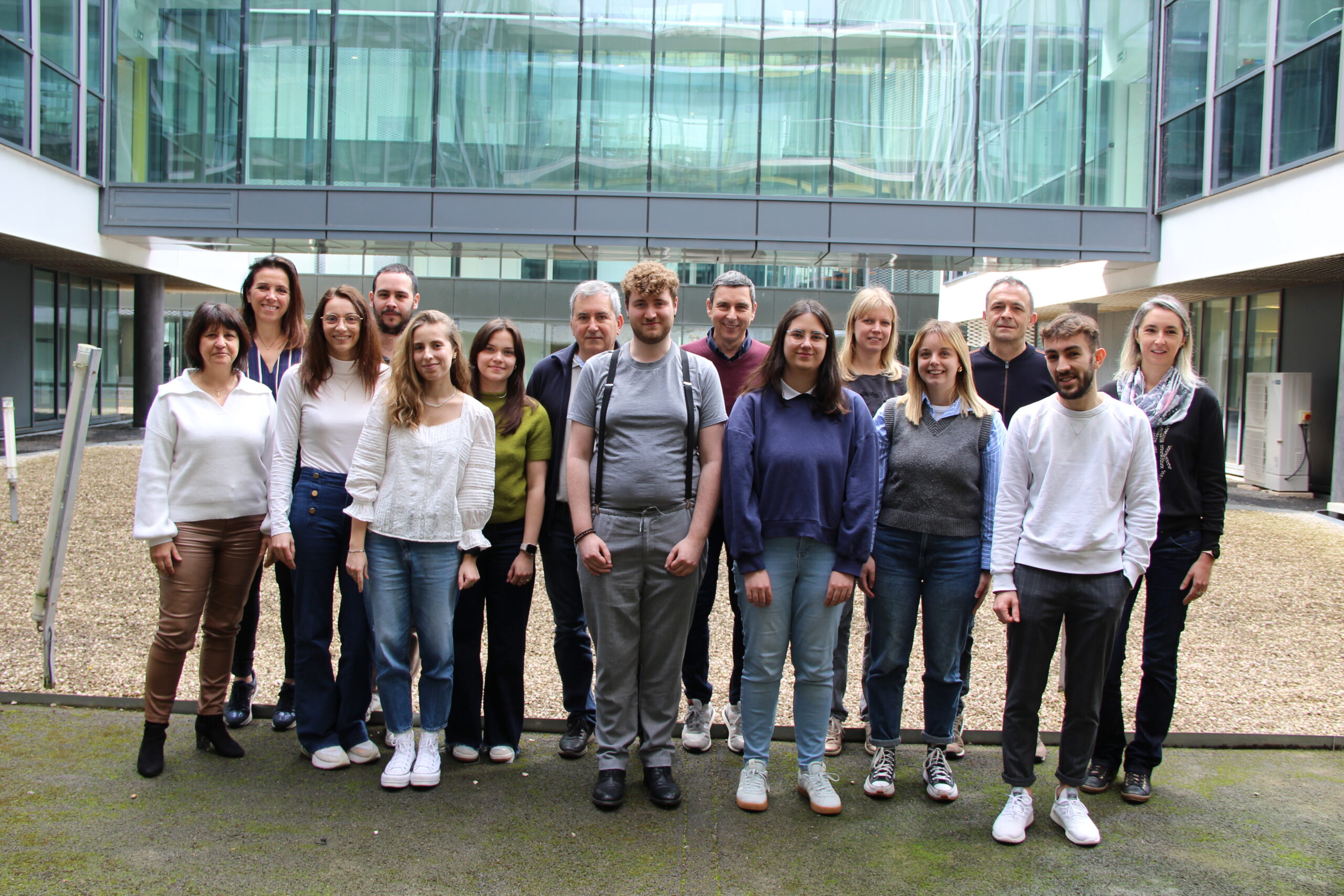
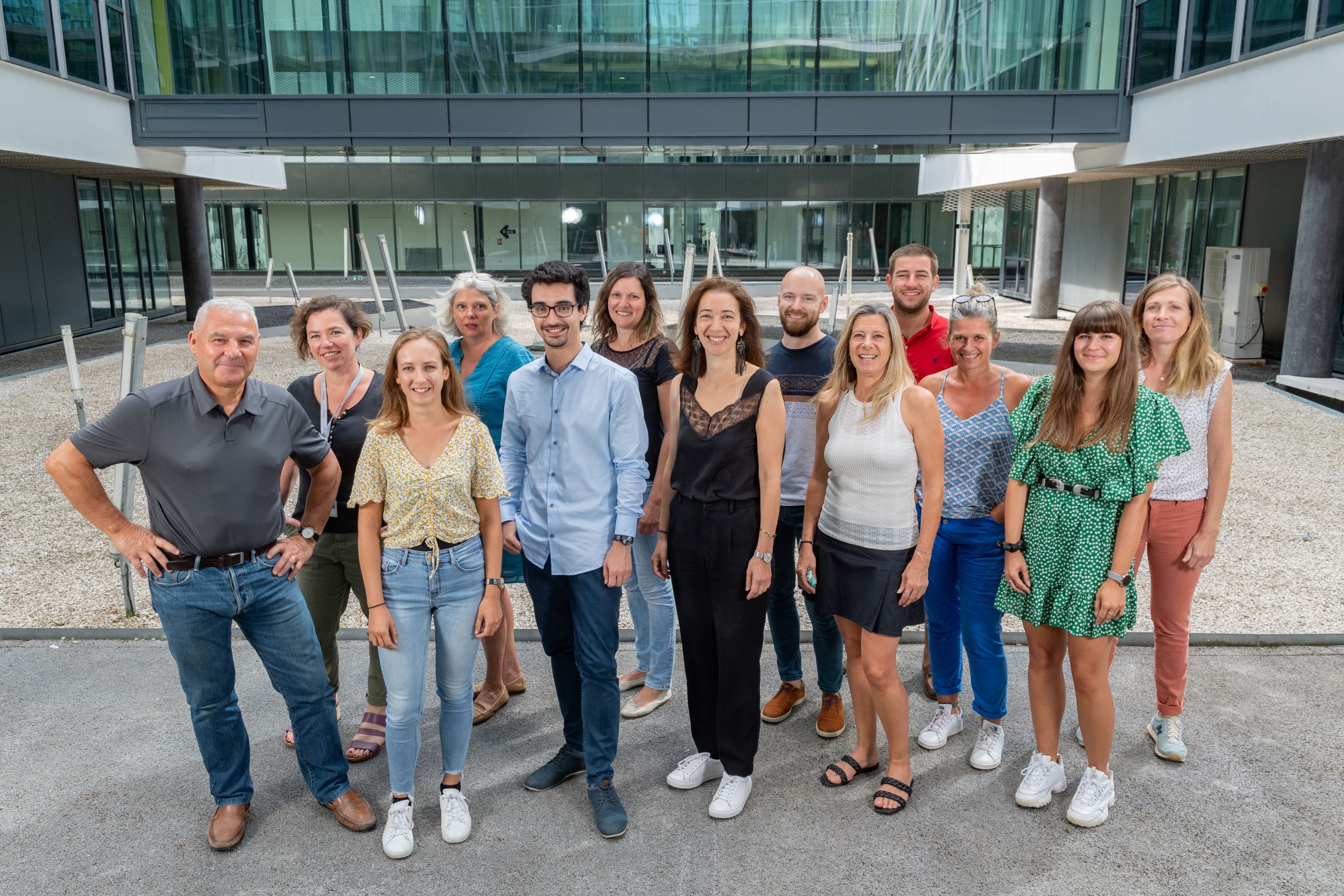
NoLymIT : New Immunotherapies Against Lymphoma
Camille LAURENT
and 21 collaborators
Through the study of the immune component of the microenvironment in B lymphoma and Chronic Lymphocytic Leukemia (CLL), the team aims to characterize immune escape mechanisms as well as new therapeutic targets using single-cell sequencing techniques implemented with innovative bioinformatics tools, sophisticated in vitro culture imaging techniques and 3D modeling.
ImPACT : Innovation in pancreatic cancer therapy
Pierre Cordelier
and 21 collaborators
To characterise the heterogeneity of pancreatic cancer in order to define new diagnostic and therapeutic approaches to improve the management of patients with this cancer.
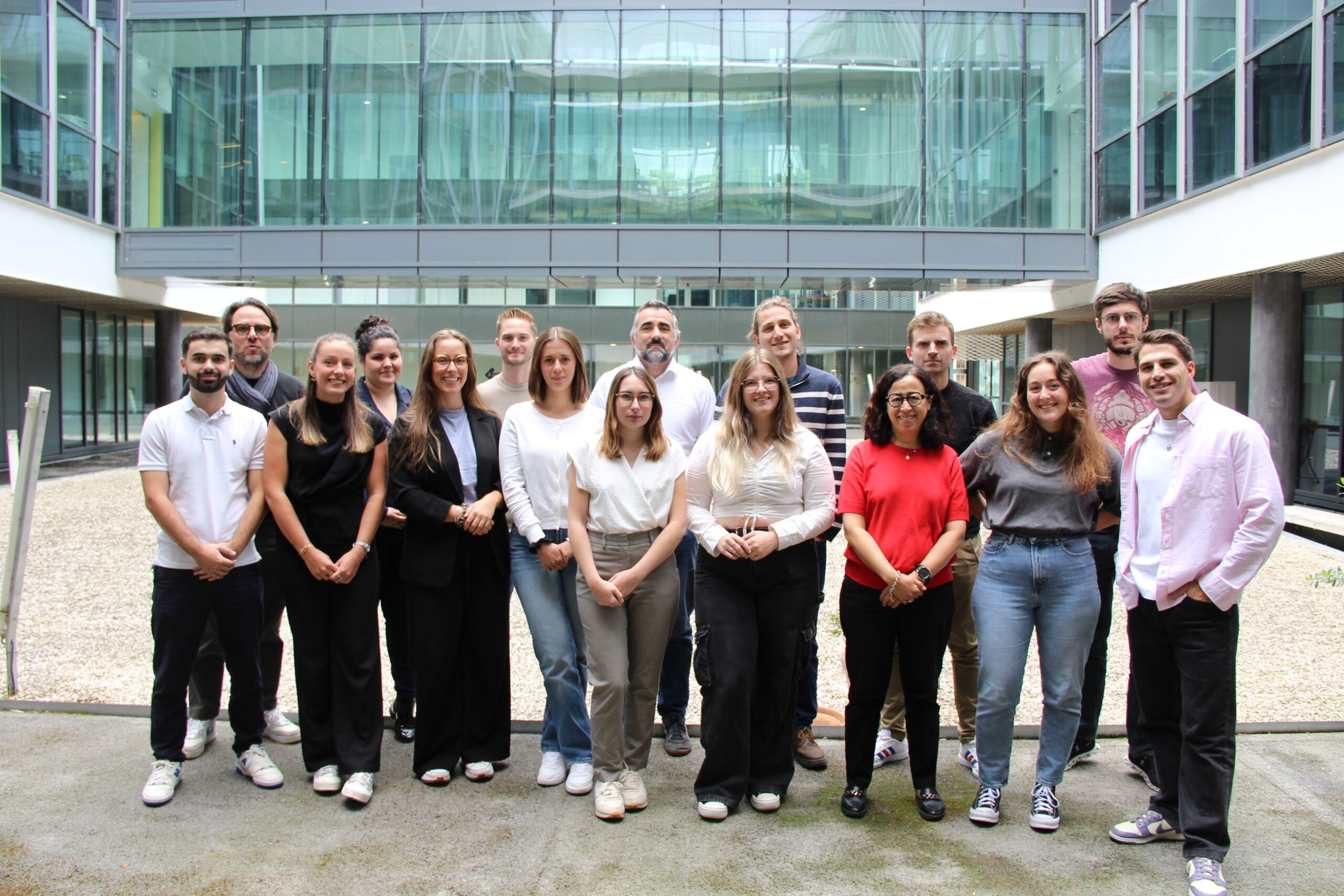

RADOPT : Optimising radiotherapy: from molecular signalling pathways to clinical trials
Elizabeth Cohen-Jonathan Moyal
and 22 collaborators
To optimise radiotherapy in the management of patients with glioblastoma (GBM): The studies carried out concern the biological mechanisms of radioresistance, the optimisation of the definition of the target to be irradiated and the delivery of the dose on complex volumes in order to decipher the mechanisms of radioresistance, to validate targets of interest to be targeted by specific inhibitors which are then evaluated in clinical trials combining via artificial intelligence approaches all the multi-data of clinical parameters, biological markers, imaging and physics in the prediction of the therapeutic response studied.
INOV : Cholesterol Metabolism and Therapeutic Innovations
Marc POIROT, Sandrine SILVENTE-POIROT
and 15 collaborators
Understanding the role of cholesterol metabolism in controlling tumour progression and resistance to therapy, particularly in breast cancer, thyroid cancer and melanoma
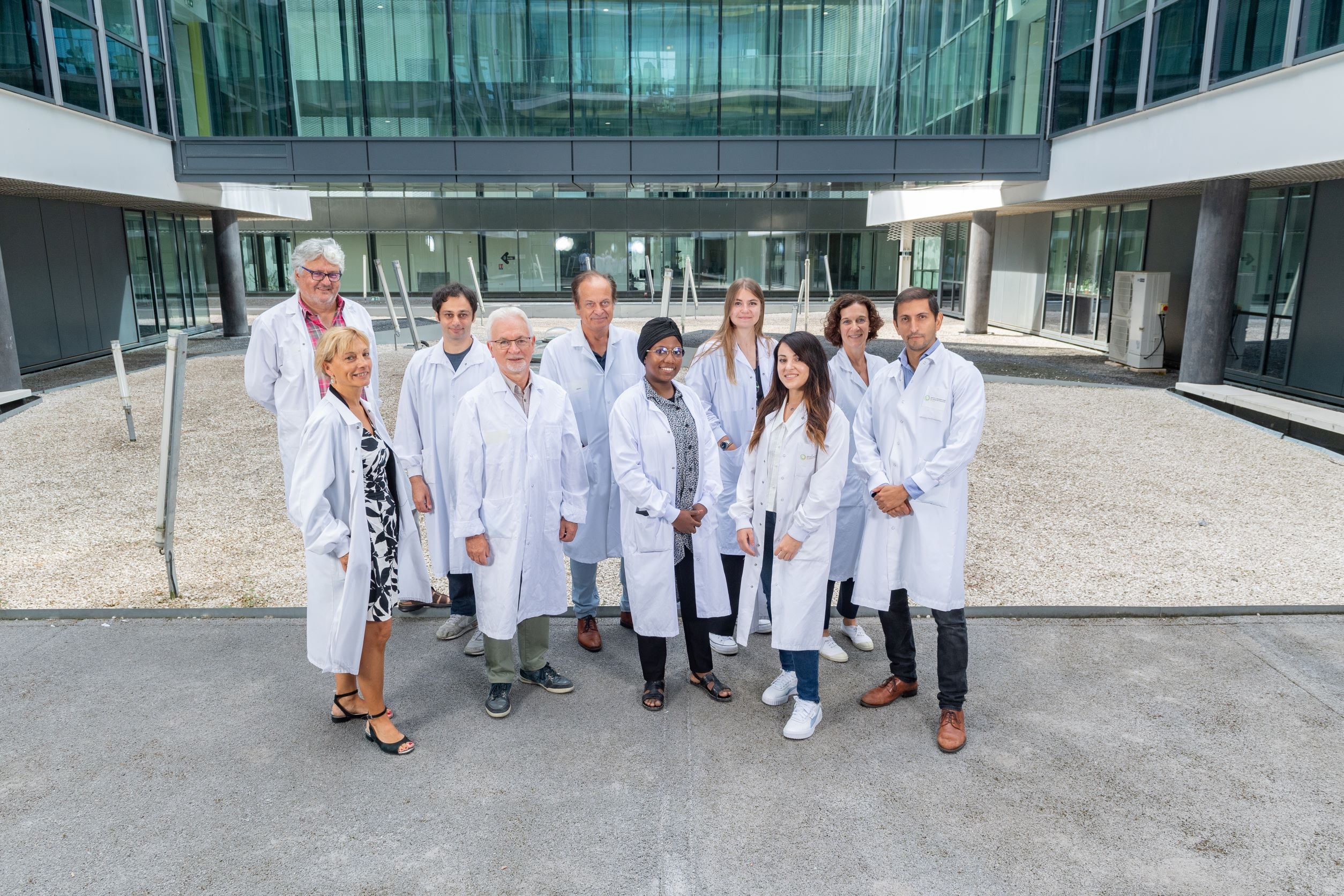
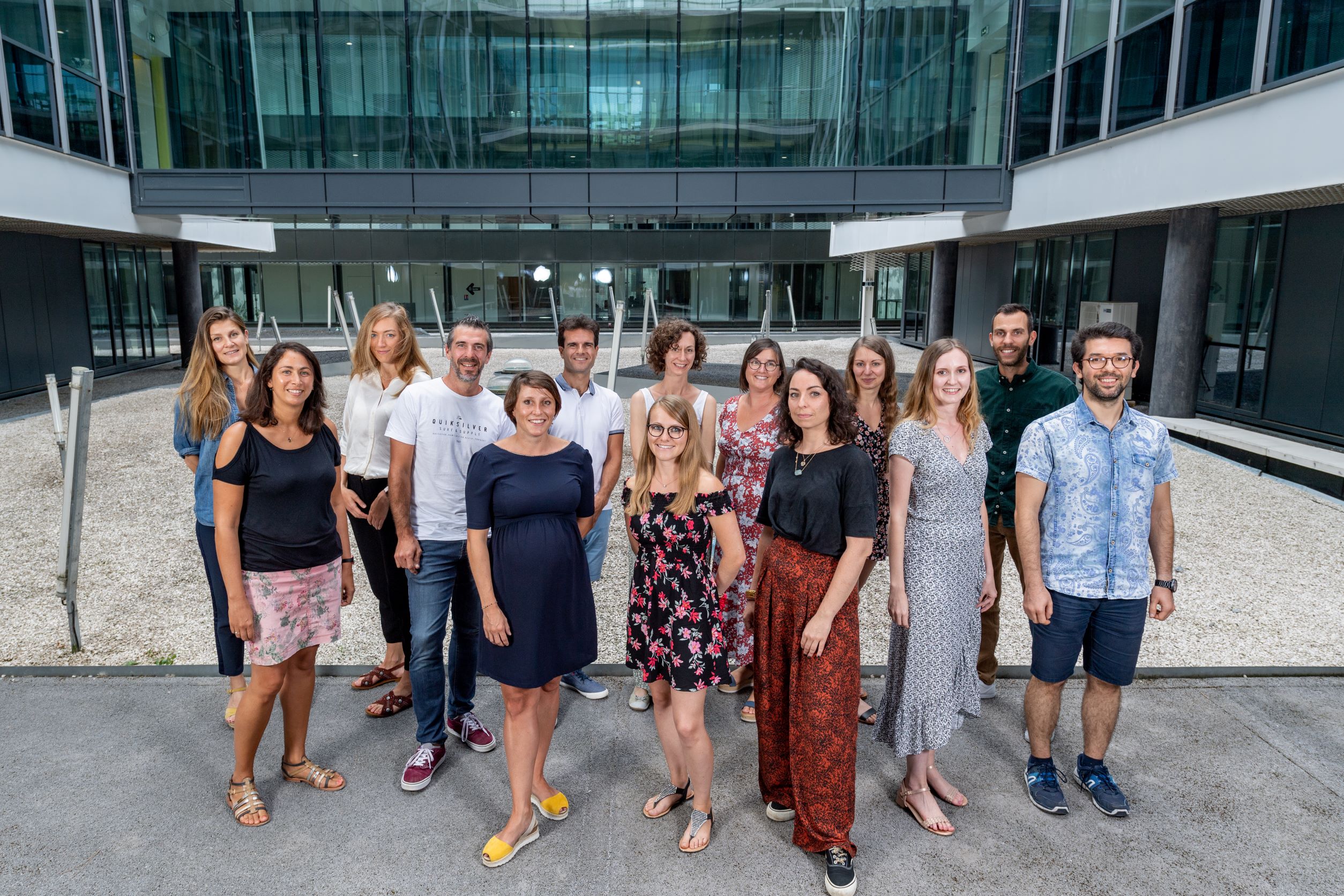
GENIM : Genomic and Immunology of myeloma
Hervé AVET-LOISEAU, Ludovic MARTINET
and 24 collaborators
This team is fully dedicated to the understanding and therapeutic targeting of multiple myeloma, an incurable hematological malignancy affecting the bone marrow. More specifically, our team aims to study the impact of genomic and immune factors on the development of myeloma and the response to treatment.
DIAD : Dose Individualisation of Anticancer Drugs
Etienne Chatelut
and 17 collaborators
This team is interested in the pharmacokinetics of anticancer drugs: the study of their fate in the body and their elimination. The aim is to better adapt the dose to each patient.
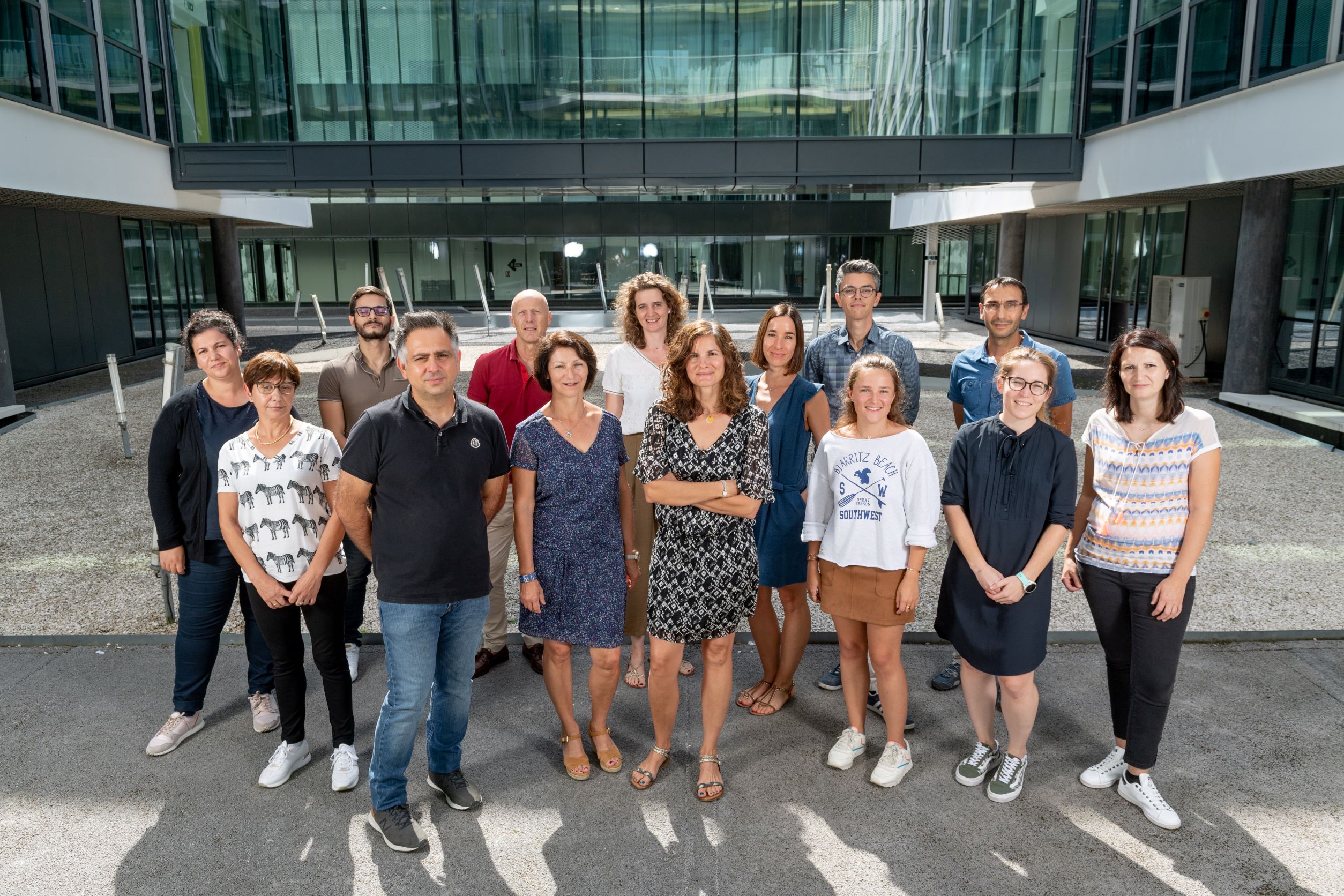
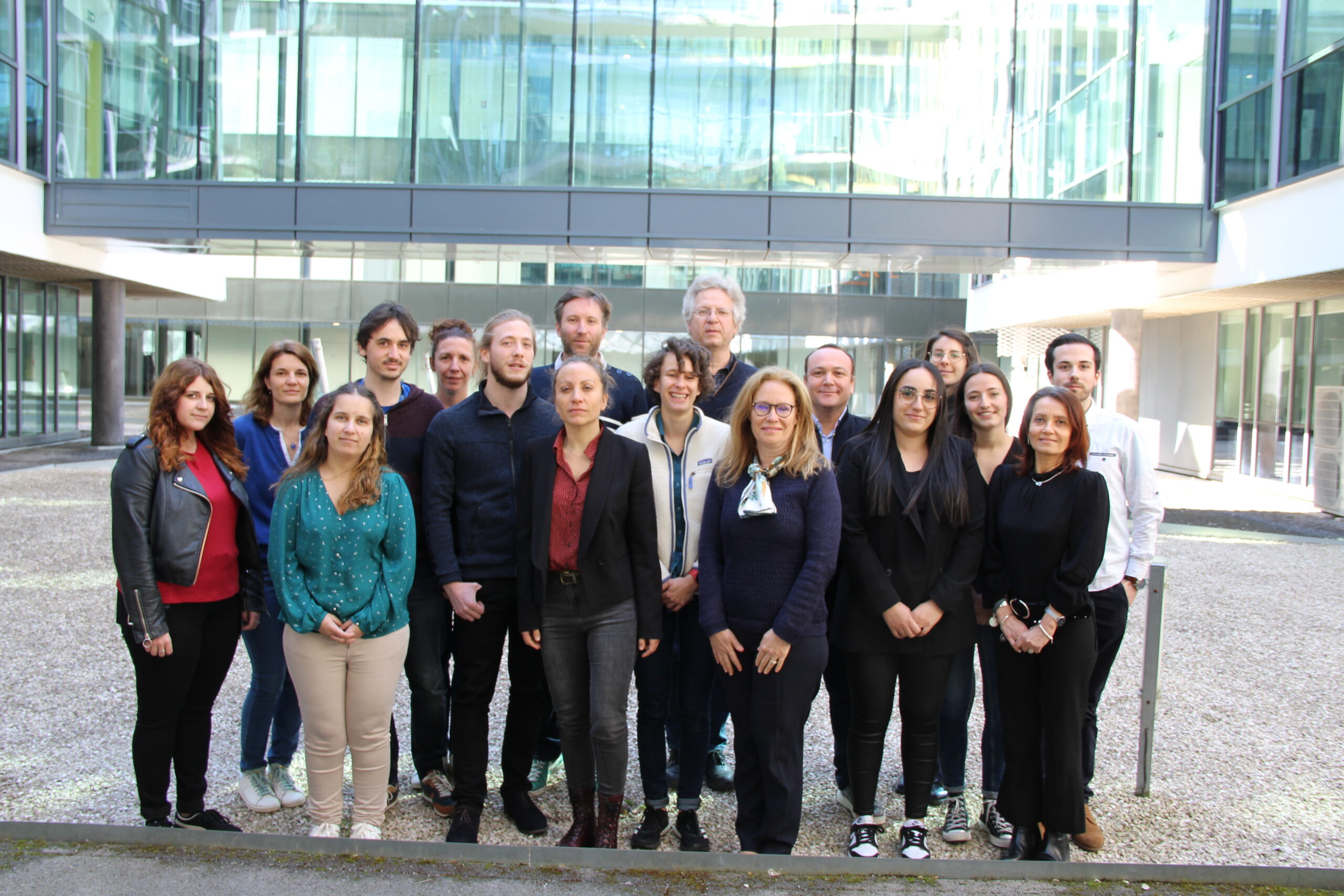
IGAALD : Impact of genetic alterations on acute leukemia development
Eric Delabesse
and18 collaborators
The activity of this team is part of a translational research thanks to a hospital component that allows, in addition to diagnosis, to search for molecular causes (mutations) in patients suffering from leukemia, and a basic research component that models these causes in cells or in mouse models in order to find new therapeutic targets.
SigDYN : Integrated cellular signalling and PI3K isoforms
Julie GUILLERMET-GUIBERT
and 11 collaborators
This team uses innovative technologies to study the roles of PI3K isoforms in the intercellular dialogue in order to propose new therapies that block the signalling networks activated in cancers, and thus block tumour progression. Our research targets pancreatic and ovarian cancers, two cancers with a very poor prognosis.
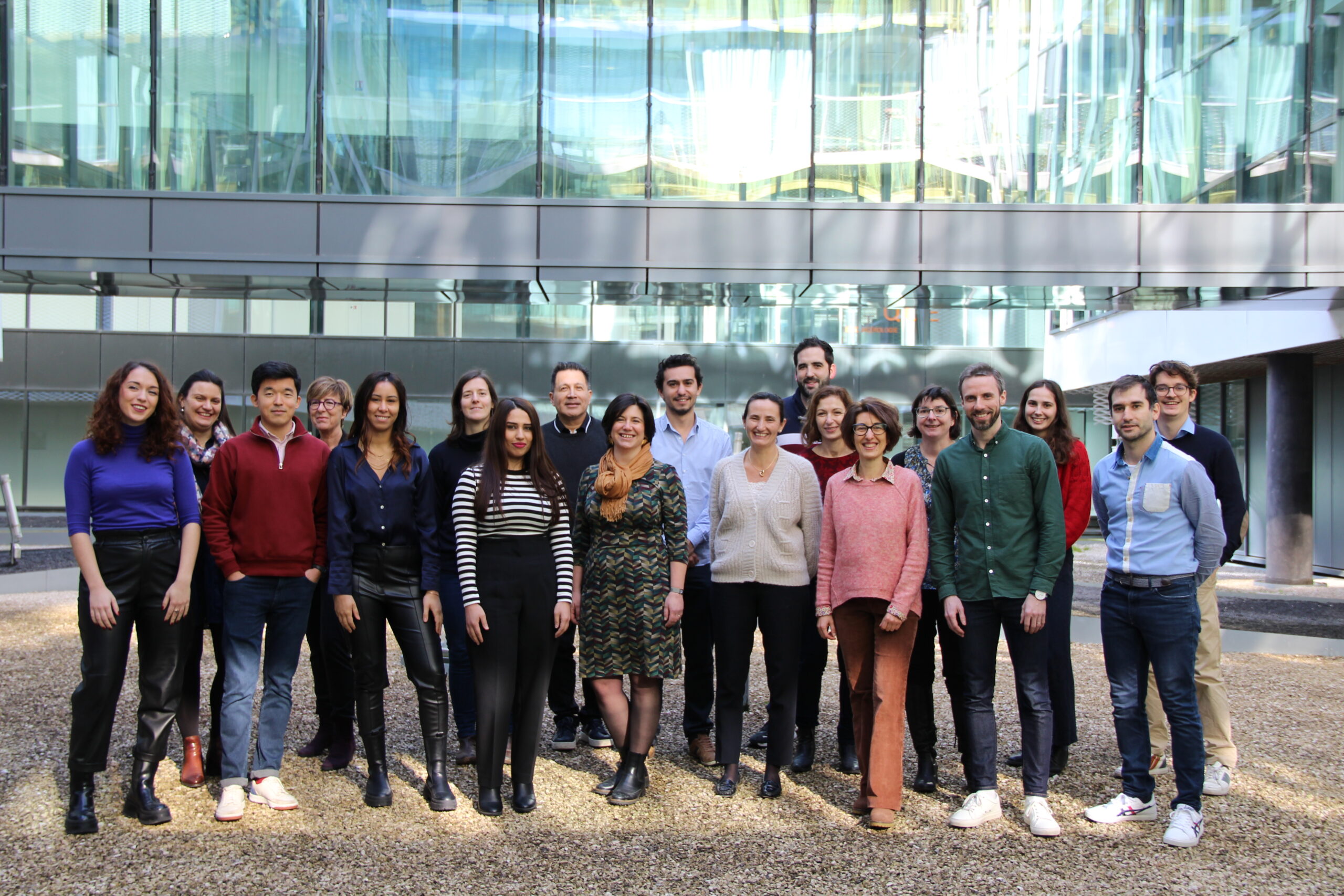
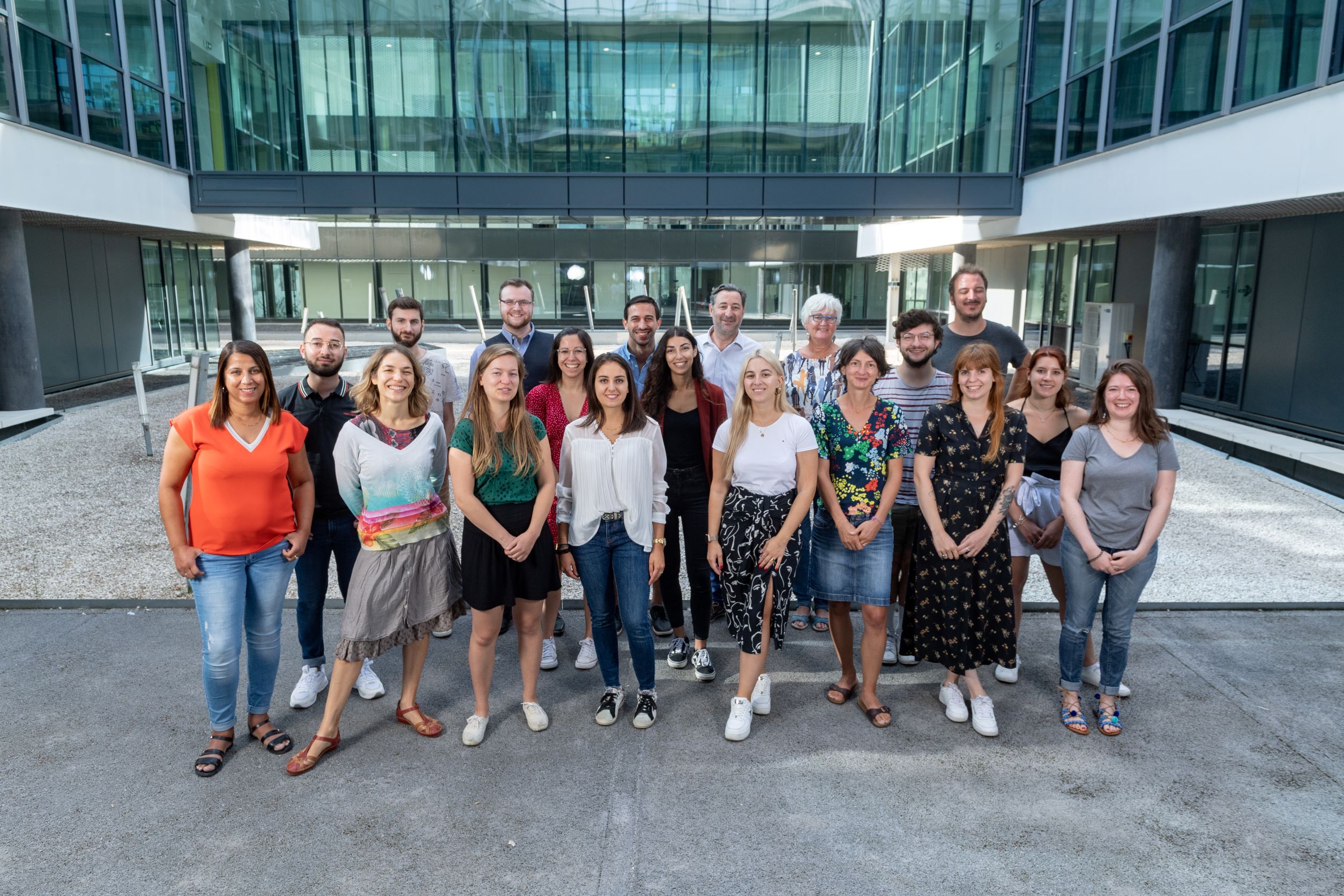
METAML : Metabolism and Therapeutic Resistance In Acute Myeloid Leukemia
Jean-Emmanuel SARRY / Carine JOFFRE
and 31 collaborators
Acute myeloid leukaemias are characterised by a high relapse rate in response to treatments, due to the development of resistance to therapies. The aim of the METAML team is to study the mechanisms of adaptation and metabolic reprogramming underlying this resistance in order to develop new therapeutic strategies to eradicate resistant leukaemia cells and prevent relapse.
ONCOSARC – Oncogenesis of sarcomas
Frédéric CHIBON
and 10 collaborators
Understanding the chromosomal mechanisms of oncogenesis of pleomorphic sarcomas. The results of the work are constantly envisaged in a context of transfer towards an improvement in patient care thanks to this team, half of which is composed of clinicians (pathologists, medical oncologists, surgeons).
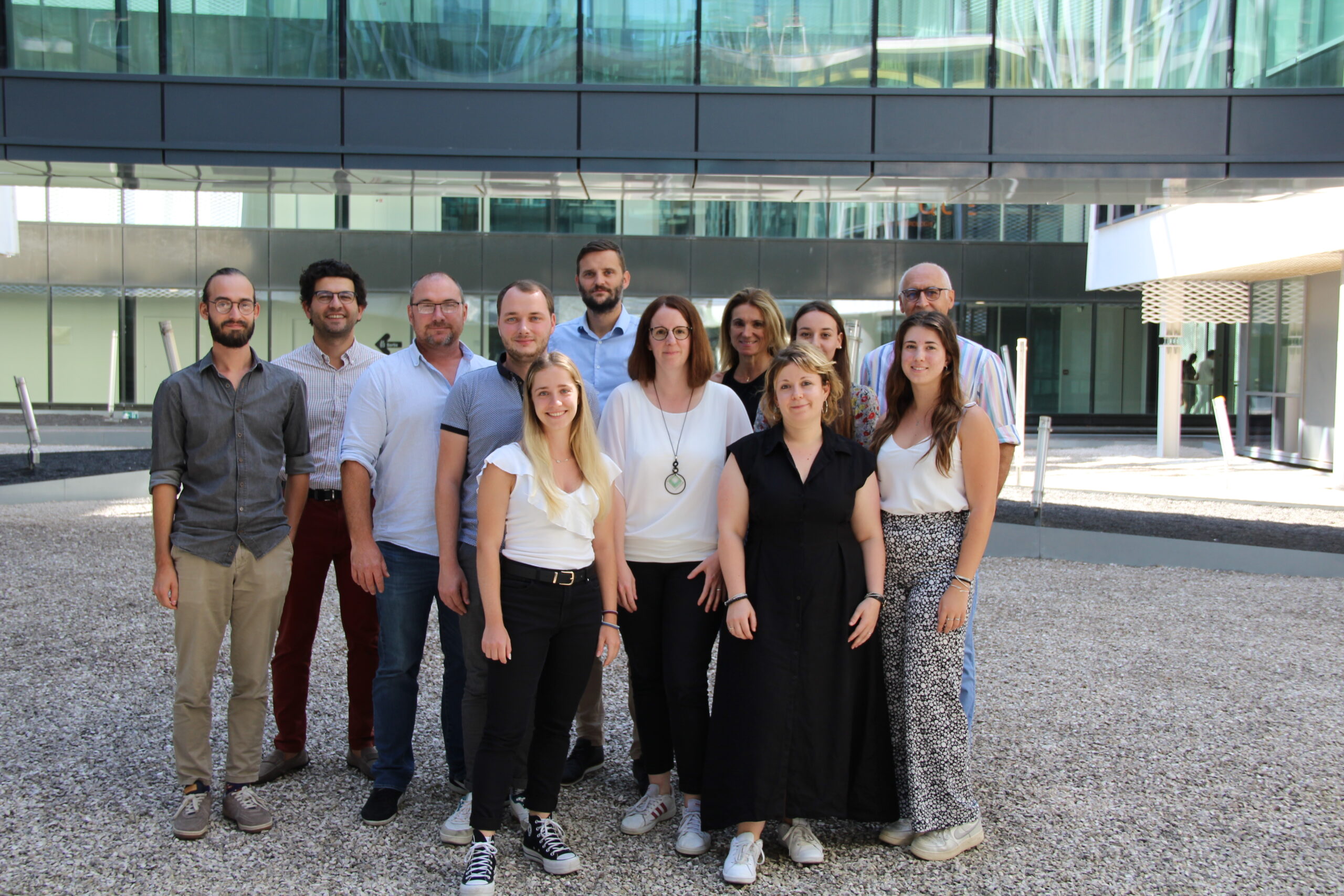
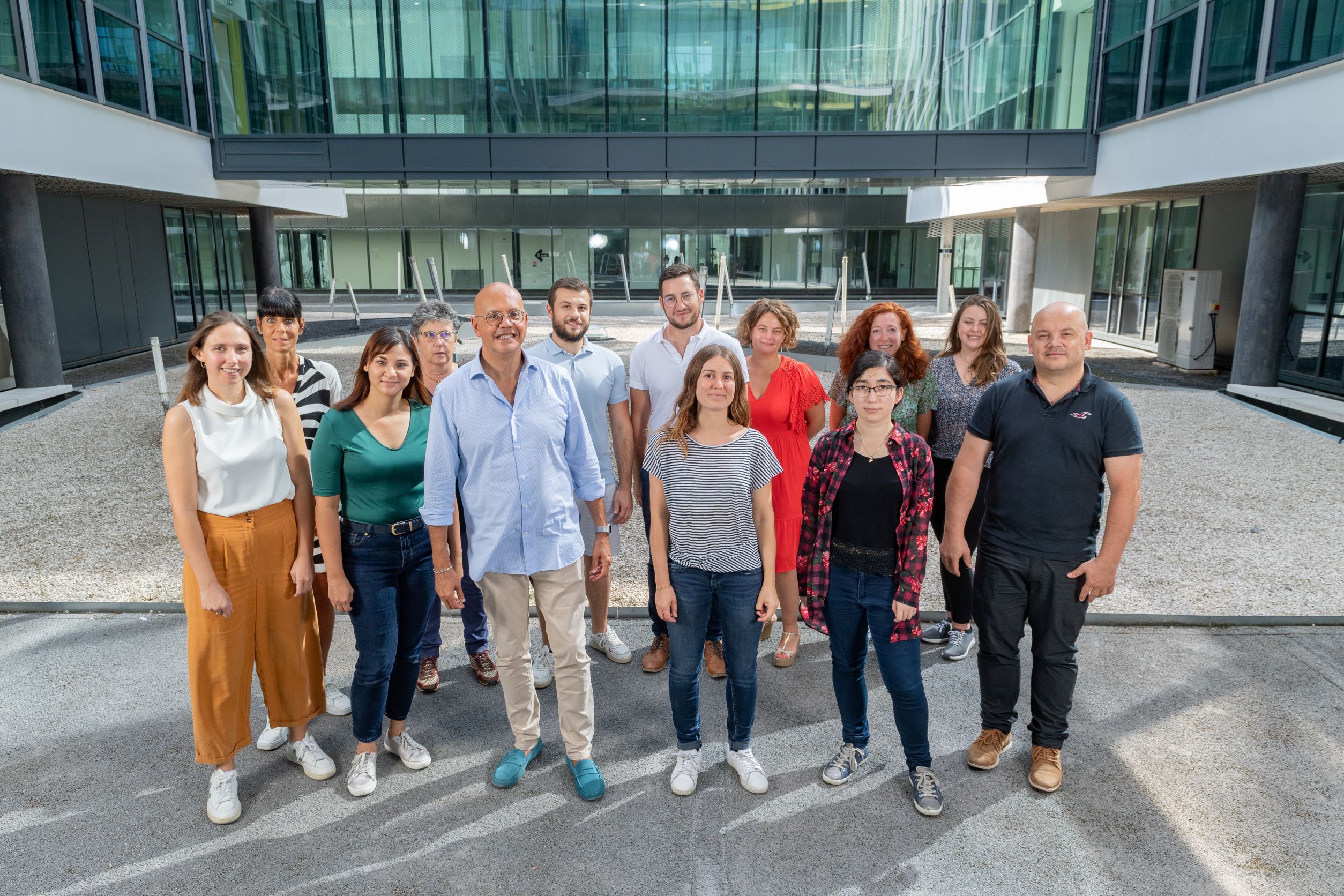
DynAct : Molecular dynamics of Lymphocyte Interactions
Salvatore VALITUTTI
and 13 collaborators
To use experimental and computational tools to decipher intercellular communication at the immunological synapse between cells of the human immune system in order to better understand immune responses in cancer patients and, in perspective, to contribute to the improvement of immunotherapeutic strategies against cancer
NetB(IO)² : Network Biology for Immuno-oncology
Vera PANCALDI
and 10 collaborators
Study of the epigenomic variability of immune cells and cellular interactions in tumours using multi-omics (single cell, spatial transcriptomics), artificial intelligence and mathematical modelling approaches
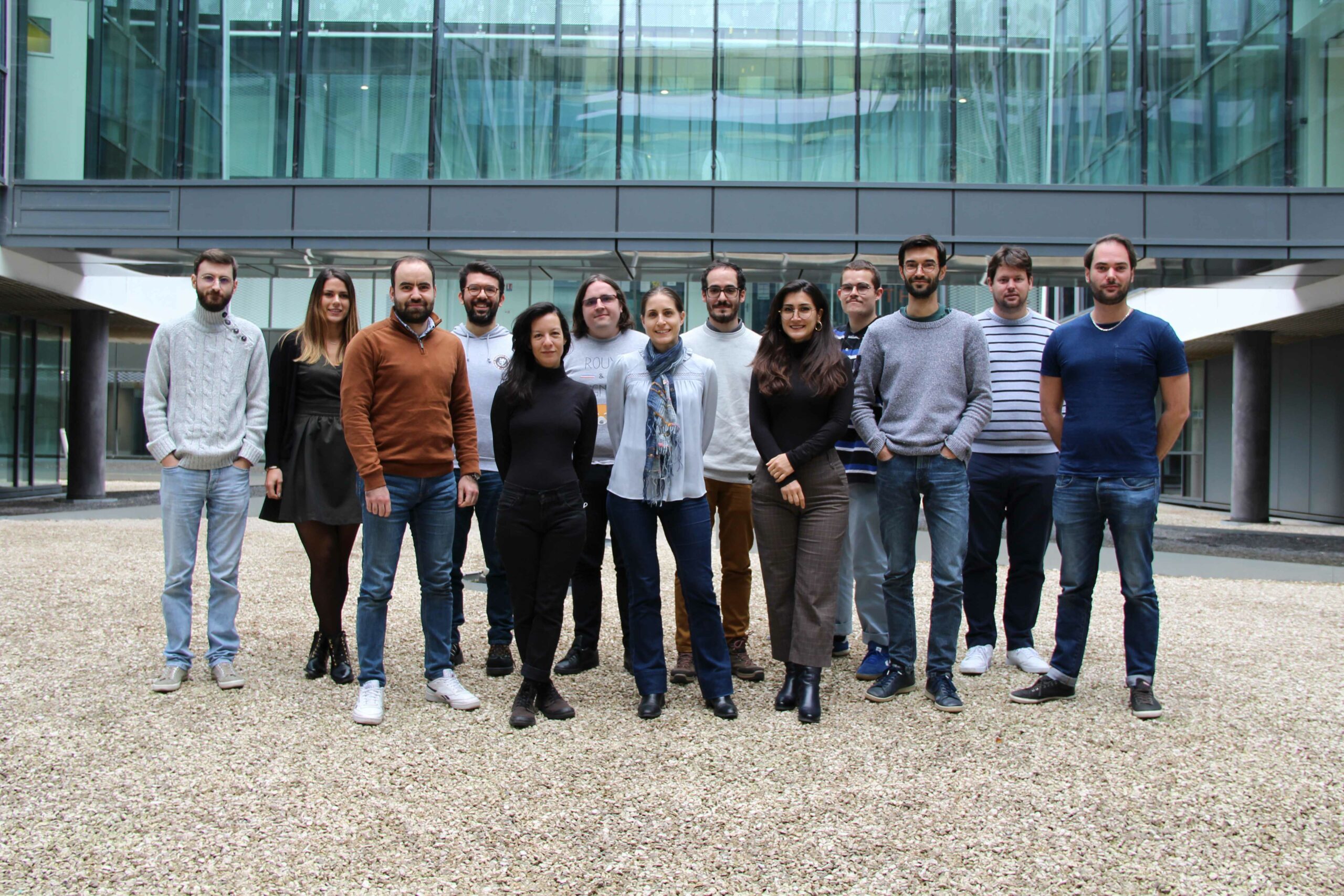
ADAPTAML : Non-genetic adaptive mechanisms and therapy resistance in acute myeloid leukemia
Carine JOFFRE et Margherita GHISI
and 18 collaborators
Acute myeloid leukemia is a highly aggressive and poor prognosis blood cancer that derives from the accumulation of genetic and epigenetic alterations in hematopoietic progenitor cells. Despite important advances in our understanding of this disease, the vast majority of patients experience disease relapse upon therapy and the 5-year survival rate is only 30%. A deeper mechanistic understanding of AML biology alongside the identification of new molecular and cellular vulnerabilities will be key in order to identify new therapeutic strategies and improve patient outcome.
OncoBreast : Advanced microscopy for the study of chemoresistance and heterogeneity in breast cancer
Lorenzo SCIPIONI
and 2 collaborators
Team Oncobreast combines knowledge and expertise from physics, optical engineering, computer science, biology and medicine, to unite forces in our fight against breast cancer.

Toulouse Cancer Research Center (Oncopole)
Toulouse - FR
Follow us on social network
Contact us
+33 5 82 74 15 75
Want to join
the CRCT team ?
